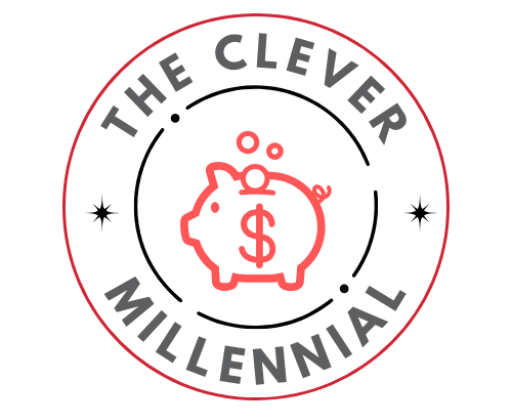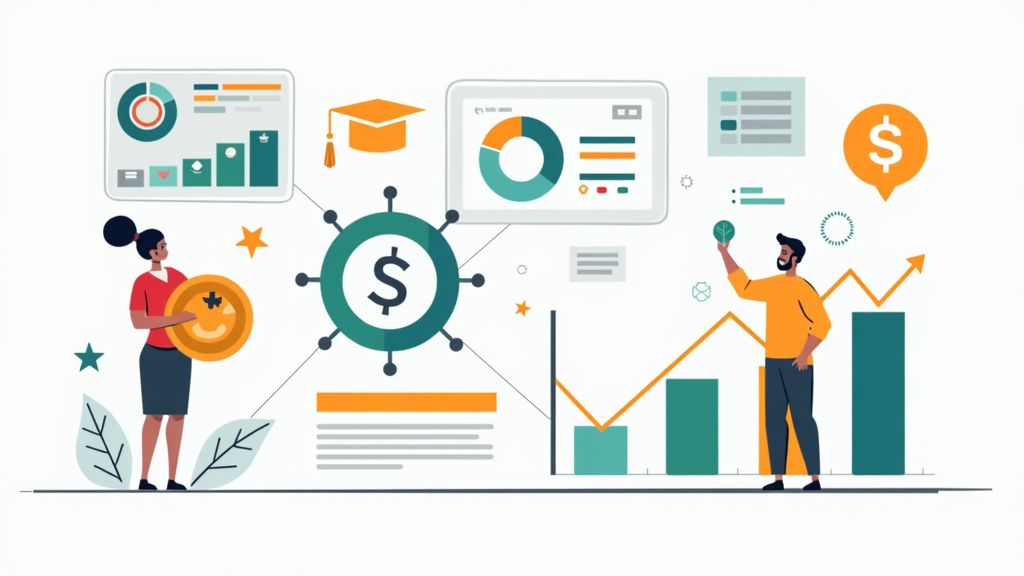Money can sometimes feel like a wild ride, but knowing the ropes of financial literacy gives you the skills to steer through. Understanding key concepts like budgeting, saving, and investing is a game-changer. There’s a bunch of info out there, and it can get overwhelming real quick, but starting with the basics lays a solid foundation.
Books are a killer way to dive deep into financial know-how. Starting with authors like Dave Ramsey or Suze Orman can give you a solid grip on managing personal finances. For those wanting to dive a bit deeper, ‘Rich Dad Poor Dad’ by Robert Kiyosaki offers unique insights into making your money work for you. These reads break down complex financial concepts into bite-sized and practical advice.
We live in a digital age, and financial wisdom is right at our fingertips. Think about following websites like Investopedia or NerdWallet. They’re gold mines for free resources with continuously updated content to keep you in the loop with the latest trends. Blogs like “Mr. Money Mustache” also bring financial tips with a personal touch, making learning engaging.
If reading isn’t your jam, consider flipping on a podcast while you do your morning thing or commute. Podcasts like “Planet Money” and “The Dave Ramsey Show” are absolutely perfect. They’re not only informative but also entertain with real-life stories and expert interviews. It’s financial education without the stress of staring at a screen.
Tailored online courses from platforms like Coursera and Udemy let you learn at your own pace, offering everything from basics for beginners to advanced investing strategies. Picking courses that match where you’re at with your financial knowledge can make all the difference. Practical activities and discussions can reinforce what you read or hear, making it real.

Building a Personalized Financial Literacy Checklist
Setting clear financial goals is like charting your path before a road trip. Think about where you want to be financially in the next five, ten, or even twenty years. Are you saving for a home, planning early retirement, or just trying to live debt-free? Defining these goals gives direction to your financial journey.
Evaluating your personal finances isn’t as daunting as it sounds. There’s a bunch of apps and tools out there like Mint or YNAB (You Need A Budget) that help you track spending, create budgets, and see where your money is going each month. This kind of clarity is crazy important for making informed financial decisions.
Once you’ve got your goals and tools sorted, creating a learning schedule ensures you keep your financial education on track. Dedicating a specific time each week to read an article, listen to a podcast, or work through a course can really solidify your understanding. It’s all about consistency, one step at a time.
Identifying trusted advisors and mentors can fast-track your progress. No one becomes a financial guru alone. Seeking advice from experienced financial advisors or leaning into communities through forums or meetups can provide support and insights you won’t find on Google.
Finally, don’t forget to assess your progress every now and then. Whether that’s quarterly check-ins with your financial plans or revisiting your goals, reflection is key. Life changes, and so should your financial strategies, ensuring they always align with your current situation.







Leave a Reply